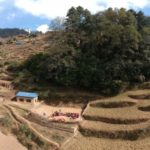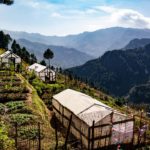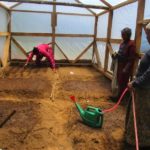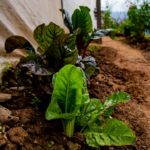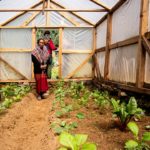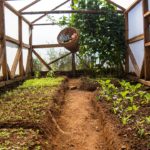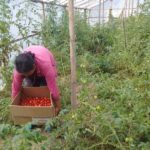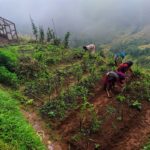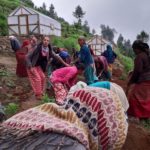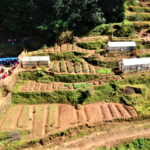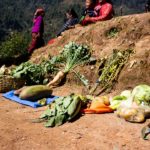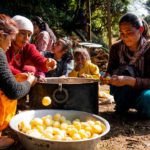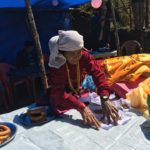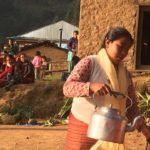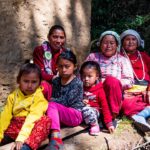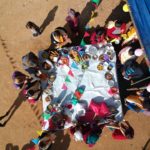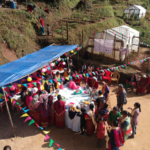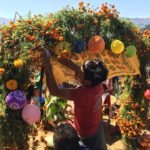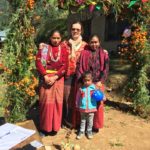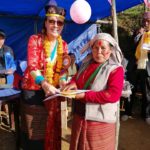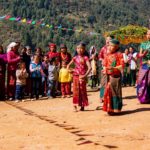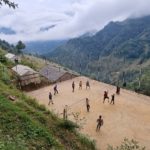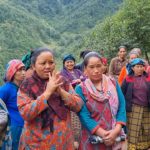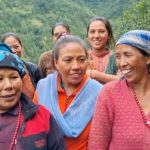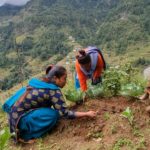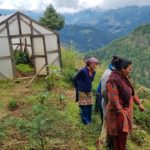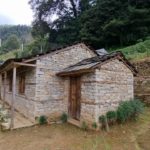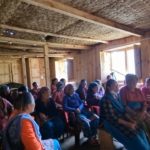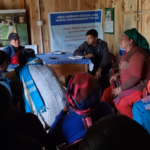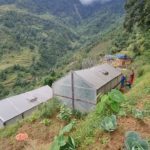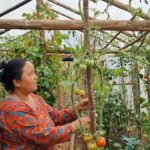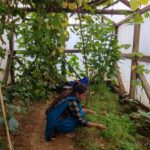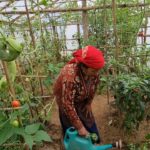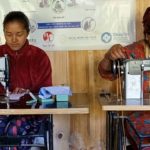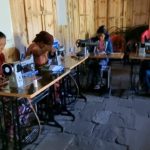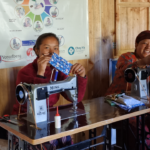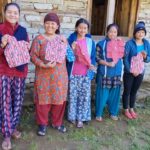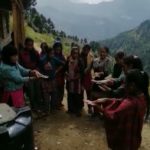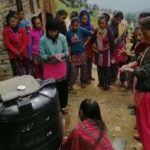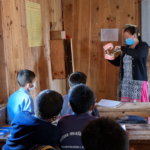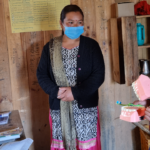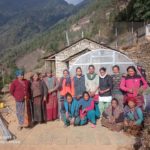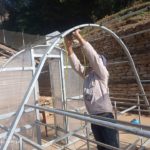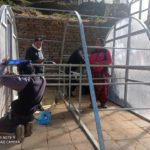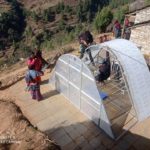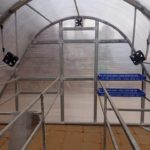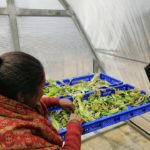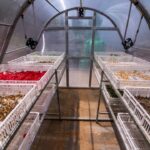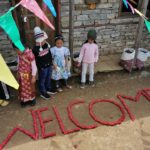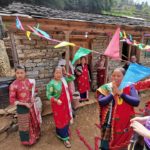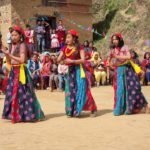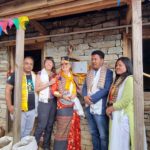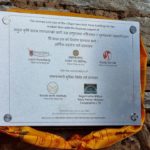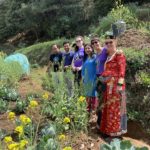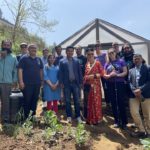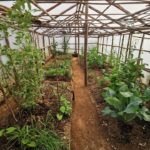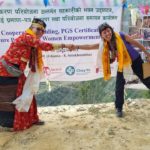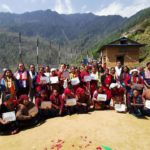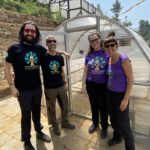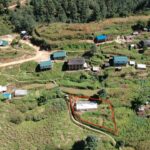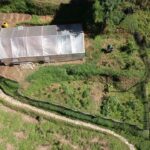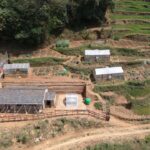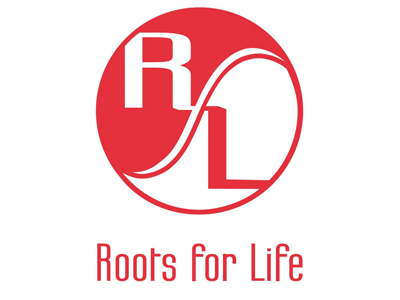Ghunsa, Solukhumbu
ORGANIC MODEL FARM
Sustainable Livelihood

Place
Ghunsa,
Ward-5,
Solududhkunda Municipality,
District Solukhumbu

Who
Implementation: Chay Ya Nepal, SWI, project partner Roots for Life, local village community

Partners
Land Vorarlberg,
Roots for Life,
Chay Ya Austria

When
2019 - 2022

For
60 - 100 households

Status
Handed over to the cooperative
Project
Together with our partner organisation Roots for Life, we are building a model farm for organic vegetable cultivation in Ghunsa, Solukhumbu, with your donations and the support of the Vorarlberg state government. Here, under the guidance of experts, old things are to be preserved and new things tried out in order to improve the supply situation of the families and create new sources of income in the future.
The villages in Solukhumbu (Ghunsa and surrounding villages) suffered considerable damage during the severe earthquakes of 2015. The already precarious food situation was vehemently exacerbated by the emergency situation, and the villagers are still struggling with the consequences. In the traditional patriarchal system in Nepal, women have a lower social status than men, which makes their access to education, medicine, food and income much more difficult. Plus, men are increasingly migrating to the cities or the Gulf states to try to earn money there, while full responsibility for subsistence farming and childcare lies on the shoulders of women.
Our approach: Based on the success story of Chyangsar, we want to build this project on the same principles and use existing synergies in close cooperation with RfL.
The aim of this project is therefore the establishment and sustainable operation of a model farm in Ghunsa, which functions as a regional test and training laboratory for organic farming, processing and marketing of fruit and vegetables. Apart from the intention of increasing the food security of the local families and of preventing malnutrition of children and adults, we also plan concrete measures to increase the household incomes and the integration of the local women’s group into the regional women’s cooperative, which will ensure the sustainable operation of the model farm even after the end of the project. Our project thus makes an important contribution to strengthening the general resilience (at individual, household and village level) and empowerment of women in the region.
Updates
Update March 2020
The land for the model farm was officially purchased for the cooperative in 2019, the first greenhouses were quickly erected, the plants planted and training sessions held. A food festival was also celebrated, this time with the women of Ghunsa hosting the women of Chyangsar.
The women of Ghunsa were integrated into the existing cooperative Sagarmatha Milijuli Sana Kishan Women Cooperative LTD.
Despite Corona and the travel ban, we try to keep up the training and the support by telephone.
Current information is available on the web page of our project partner Roots for Life.
Update September 2021
Although Corona has made it difficult to hold trainings and workshops and support the women in their efforts, it has also made the villagers more self-reliant. Not only have they become more united in helping each other out, but they have also learned to organize themselves completely on their own.
Instead of growing (and eating) mainly corn and potatoes, they now have, for example, Brussel sprouts, tomatoes, cucumbers, cabbage, carrots, beans, cauliflower, onions, garlic, broccoli, squash and spinach… Food security is thus increased, the village diet is more balanced, and the completely organically grown vegetables could also be sold, allowing the women to generate their own income.
Some women have also learned to sew masks and sanitary napkins that they can not only use themselves, improving personal hygiene, but also sell to again earn an income. Overall, the women are incredibly grateful and proud of all they have learned and accomplished and we rejoice with them 🙂


